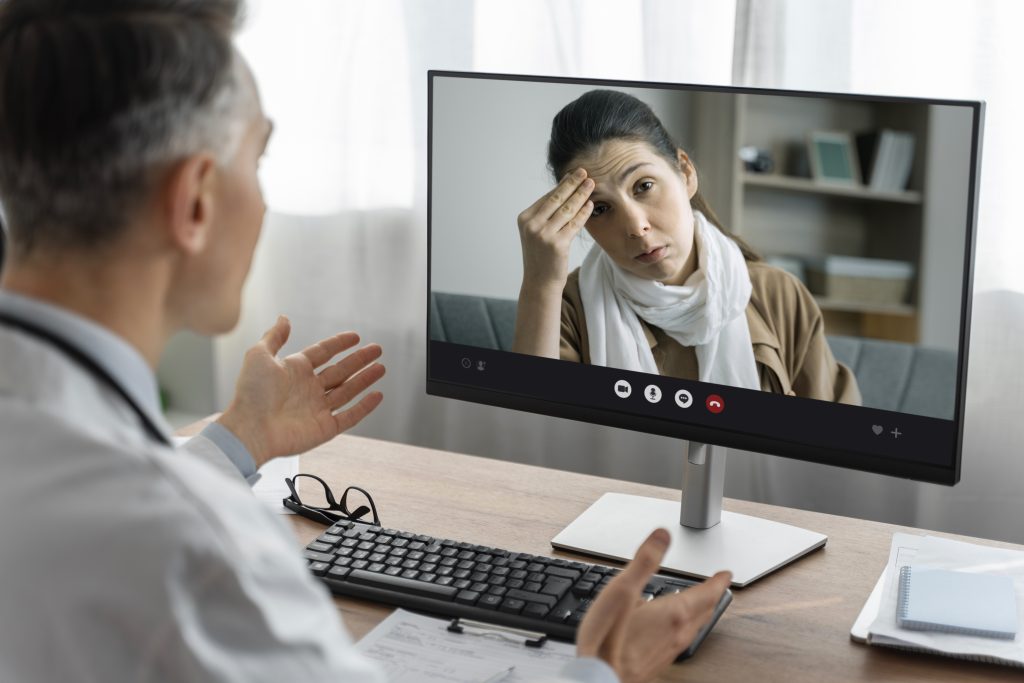
As online therapy becomes a more common choice for mental health care, it’s important to know exactly who’s on the other end of the chat box or video call. BetterHelp, one of the largest platforms in this space, connects people to licensed therapists virtually—but who are these professionals, and how does the platform ensure clients are receiving quality care?
This article takes a closer look at how BetterHelp selects, trains, and supports the professionals that guide users through their mental health journey.
A National Network of Licensed Providers
BetterHelp’s network includes over 32,000 therapists licensed to practice in all 50 states. These professionals are not limited to one area of expertise. Instead, they come from a range of mental health fields, including clinical psychology, social work, counseling, and marriage and family therapy.
Each therapist must hold one of the following licenses or their state’s equivalent:
- Psychologist (PhD or PsyD)
- Licensed Clinical Social Worker (LCSW/LMSW)
- Licensed Marriage and Family Therapist (LMFT)
- Licensed Professional Counselor (LPC)
- Licensed Mental Health Counselor (LMHC)
This wide pool of expertise allows BetterHelp to serve users with different mental health needs, whether they’re managing anxiety, coping with grief, working through relationship issues, or exploring personal growth.
How Therapists Are Screened Before Joining
Before a therapist can start working on BetterHelp, they must pass a detailed screening process. This process confirms that the professional has completed the required educational background, supervised clinical hours, and passed their state licensing exams. On top of this, therapists must submit proof of active licensure and complete a thorough background check.
Each applicant is also required to have at least 1,000 hours of clinical experience. According to BetterHelp, only about one in three applicants are accepted. This careful selection process helps ensure that only qualified and experienced professionals are invited to work on the platform.
Ongoing Review and Monitoring of Therapists
Quality control doesn’t stop after hiring. BetterHelp uses a multi-step process to monitor therapist performance. This includes license verification, continuous review of session quality, and evaluation of user feedback. The platform uses internal tools to track how responsive, consistent, and effective therapists are in their work.
Therapists are also subject to review if a concern is raised about the services they provide. BetterHelp’s quality assurance team evaluates these reports and ensures that professional standards are maintained.
Matching Users With the Right Therapist
Starting therapy can be difficult, especially if it’s your first time. BetterHelp tries to reduce this stress by offering a matching process that pairs users with therapists based on their goals and preferences. During the sign-up process, users complete a questionnaire that asks about their current challenges, goals for therapy, and personal preferences such as therapist gender, age, cultural background, and communication style.
The platform’s system then compares this information with therapist profiles and availability. Most users are matched within 12 to 24 hours. If the therapist assigned isn’t the right fit, users can switch to another therapist at any time without losing progress or being asked to explain their reasons.
This flexibility helps users feel more comfortable, and a better match usually leads to a stronger, more productive therapeutic relationship.
Communication Options That Fit Every Lifestyle
One of the reasons many people turn to online therapy is flexibility. BetterHelp offers multiple ways for users to connect with their therapists. Clients can schedule live video sessions, phone calls, or chat sessions, or use asynchronous messaging to send and receive updates throughout the week.
This is especially helpful for individuals with demanding schedules or those who feel more comfortable starting with messaging instead of face-to-face video. Having these options gives users control over how and when they communicate with their therapist, which can help build trust and consistency over time.
Therapist Tools and Clinical Resources
BetterHelp provides therapists with access to a large library of clinical materials. These include worksheets, assessments, and planning guides designed to support evidence-based practice. Therapists can use these tools to structure sessions, track client progress, and introduce new skills in a structured way.
The platform also encourages continued learning by offering opportunities for professional development. Staying up to date with the latest clinical research and therapeutic strategies ensures that therapists can adapt their approach to each individual’s needs.
What the Data Shows About Client Outcomes
A major question people have when considering therapy is whether it will actually help. In BetterHelp’s case, client progress is regularly tracked using clinical tools such as the PHQ-9 (for depression) and GAD-7 (for anxiety). These assessments are administered about every 45 days to monitor how clients are responding to therapy.
In 2024, 72% of clients reported symptom improvement within the first 12 weeks, and over 60% experienced full symptom remission. These figures are based on real-time reporting from thousands of active users.
In addition to positive outcomes, BetterHelp sees consistently high satisfaction scores. In 2024, therapy sessions earned an average rating of 4.9 out of 5, based on over 1.7 million user reviews.
Making Therapy Accessible to First-Time Users
Perhaps the most striking insight is that 40% of BetterHelp users in 2024 were attending therapy for the first time. Many of these individuals had never considered traditional in-person therapy before due to location, schedule conflicts, or concerns about stigma.
By offering a low-barrier entry point, BetterHelp helps individuals take the first step toward caring for their mental health. The platform has also supported therapy access by partnering with over 100 nonprofits, donating the equivalent of $14 million in therapy services during 2024 alone.
Building Connection Through Technology
Some may worry that virtual therapy feels impersonal, but therapists on BetterHelp are trained to build meaningful connections through digital communication. They apply the same ethical and professional standards as in-person therapy and are skilled in using video, messaging, and phone calls to provide support.
The core of therapy—being seen, heard, and understood—remains intact. Even through a screen, therapists are equipped to offer empathy, structure, and a path forward.
Frequently Asked Questions
Are BetterHelp therapists licensed in their states?
Yes, all therapists must be licensed and in good standing with their state board. Their credentials are verified during onboarding and reviewed regularly.
How quickly can I begin working with a therapist?
Most users are matched within 12 to 24 hours after signing up. You can begin communicating with your therapist as soon as they accept the match.
Can I change my therapist later on?
Absolutely. You can request a new therapist at any time and as often as needed. There is no penalty or waiting period.
Is online therapy as effective as in-person therapy?
Research shows that virtual therapy can be just as effective as in-person therapy for many common concerns, including anxiety and depression.
What communication options are available?
Clients can choose video sessions, phone calls, live chat, or messaging, depending on what feels most comfortable and convenient.

